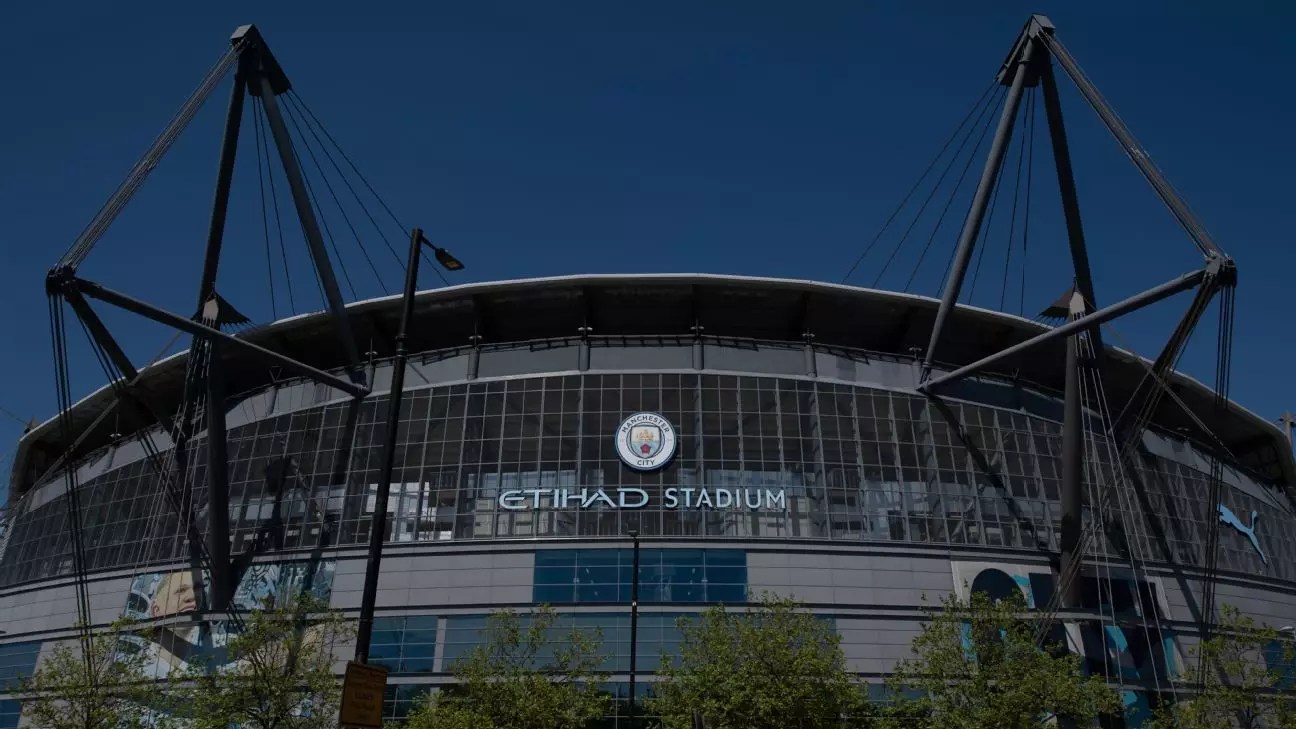In a significant legal battle, Manchester City took on the Premier League regarding its Associated Party Transactions (APT) rules, aimed at regulating financial dealings involving club owners. The recent arbitration verdict has proclaimed both sides winners, yet the decision from the three-person arbitration panel reveals a much more nuanced reality. While City sought to challenge the legality of the Premier League’s APT regulations, the outcome has illuminated intricate issues surrounding the financial frameworks governing football. Ultimately, the arbitration highlighted not just the circular dynamics of club ownership financing but also foreshadowed the broader implications for the sport’s competitive equilibrium.
The APT rules, instituted in December 2021, serve a vital purpose: they are meant to ensure fair market value in sponsorship contracts and mitigate the risk of clubs gaining an unfair advantage through inflated deals linked to their ownership. These regulations emerged in response to increasing concerns over the financial leverage enjoyed by clubs backed by state or oligarchic entities, which could distort the competitive landscape of the league. Manchester City, owned by Sheikh Mansour of Abu Dhabi, exemplifies the challenges these rules intend to address, particularly as they relate to sponsorship agreements with UAE-based companies like Etihad Airways.
Both Manchester City and the Premier League are portraying the arbitration panel’s decision as a victory. City sees it as a validation of its position, asserting that the APT rules unfairly target clubs with Gulf-region ownership. Conversely, the Premier League rejoices in the confirmation of the importance of APT regulations for maintaining competition within the league. However, the panel’s declaration that elements of the APT rules are unlawful introduces a layer of complexity, requiring a reevaluation of how such transactions are regulated.
Specifically, the ruling ordered a reconsideration of Manchester City’s sponsorship agreements and interest-free loans extended by owners, raising questions about their compliance with fair market value benchmarks. This pivotal aspect takes the conversation about fair play and competitive equity to a new level, as up to nine Premier League clubs could now be scrutinized for similar financial arrangements.
The arbitration’s implications extend beyond just Manchester City and the Premier League. With their APT rules upheld in principle but critiqued for exclusion of shareholder loans, the outcome may inadvertently set a precedent for other clubs that have previously faced scrutiny. The decision essentially opens the door for clubs with disputed sponsorship arrangements to challenge previous rulings, thereby reshaping the current financial landscape of the Premier League.
Additionally, the arbitration panel’s conclusion that APT rules must adapt to incorporate shareholder loans signifies a potential shift in how clubs manage their finances. Traditionally, these loans have allowed clubs to avoid substantial interest payments—a financial relief that has bolstered their operations immensely. Now, if these loans must be evaluated within the framework of APT regulations, clubs might need to rethink their funding strategies while adhering to tighter financial oversight.
While Manchester City comes away from the hearing with some degree of satisfaction, it’s essential to consider how this ruling interacts with their ongoing allegations of financial misconduct, which encompass a range of infractions dating back more than a decade. The arbitration outcome does not address these substantive accusations, which can potentially dwarf the issue of APT compliance.
Despite a perception of victory, the newly mandated rule changes represent more than a mere technicality; they intersect with wider concerns about the integrity of competition within football. The implications could extend to how other leagues address similar issues, potentially prompting a shift in the governance models that dictate financial transactions involving ownership-linked entities.
While the arbitration verdict offers a reprieve for Manchester City in its battle against the APT regulations, the broader implications of the case will reverberate throughout the Premier League. The necessity for structural revisions encompassing shareholder loans adds a new layer to the already intricate financial tapestry of football. Both the Premier League and Manchester City must now navigate an altered landscape where scrutiny is heightened, and competitive integrity remains paramount. As these discussions evolve, the dialogue surrounding financial fairness and the spirit of competition in football is bound to become increasingly complex.


Leave a Reply